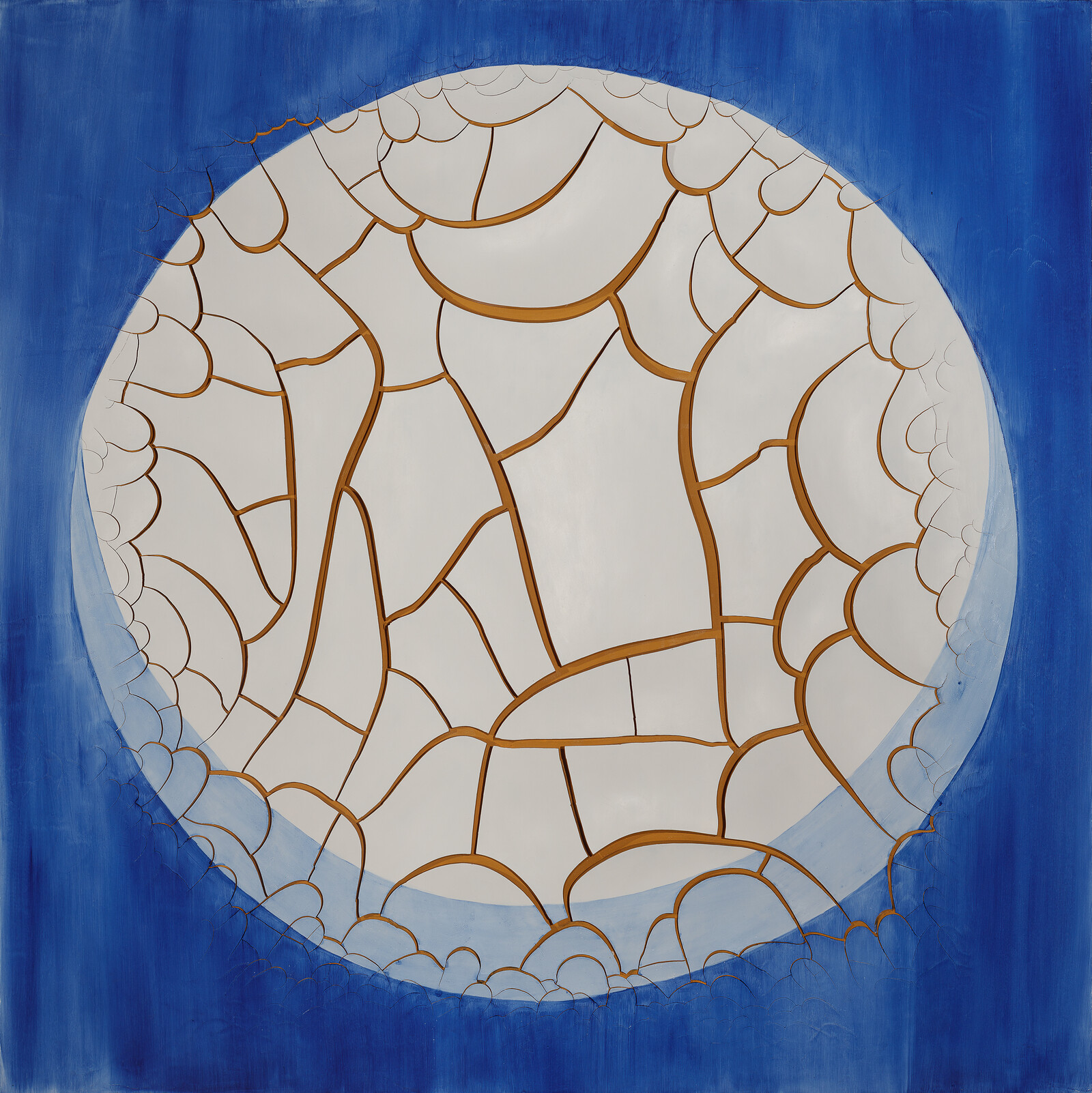April 11–May 19, 2018
Victoria Miro
16 Wharf Road
London N1 7RW
April 11–June 16, 2018
Victoria Miro Mayfair
14 St George Street
London W1S 1FE
Taking place across Victoria Miro’s London galleries, this international, cross-generational exhibition is a celebration of women artists who have shaped and transformed, and continue to influence and expand, the language and definition of abstract painting.
More than 50 artists from North and South America, Europe, the Middle East and Asia are represented. The earliest work, an ink on paper work by the Russian Constructivist Liubov Popova, was completed in 1918. The most recent, by contemporary artists including Adriana Varejão, Svenja Deininger and Elizabeth Neel, have been made especially for the exhibition. A number of the artists in the exhibition were born in the final decades of the nineteenth century, while the youngest, Beirut-based Dala Nasser, was born in 1990. Work from every decade between 1918 and 2018 is featured.
Surface Work takes its title from a quote by the Abstract Expressionist painter Joan Mitchell, who said: “Abstract is not a style. I simply want to make a surface work.” The exhibition reflects the ways in which women have been at the heart of abstract art’s development over the past century, from those who propelled the language of abstraction forward, often with little recognition, to those who have built upon the legacy of earlier generations, using abstraction to open new paths to optical, emotional, cultural, and even political expression. Historical and contemporary works shown in dialogue will create a series of conversations across the decades, touching on themes such as the monochrome, process, geometric abstraction, seriality and gesture.
On display will be an example of Yayoi Kusama’s iconic Infinity Net paintings—seriality as a form of self-obliteration and self-definition—and a painting by the late US artist Mildred Thompson, who often found inspiration in scientific theories and universal systems, and whose buzzing palette of yellows and reds and calligraphic brushstrokes evoke the invisible forces of magnetic energy. These are complemented by a painting from the 1970s by Alma Thomas who in 1972, at the age of eighty, was the first African-American woman to receive a solo exhibition at the Whitney Museum of American Art, New York. For Thomas, colour was a way “to concentrate on beauty and happiness, rather than on man’s inhumanity to man.”
Contemporary artists such as Adriana Varejão, Bharti Kher and Howardena Pindell employ complex surfaces to engage with equally complex narratives and histories. A new “cracked tile” work by Brazilian artist Adriana Varejão evokes the traditions of Minimalism and monochrome painting while its ruptured surface speaks of a disquieting colonial legacy. A work by Bharti Kher comprises a richly-painted board on which intricate patterns of bindis have been applied. Howardena Pindell, whose first major survey is currently on view at MCA Chicago, explores texture, colour, structure and process to address intersecting issues such as racism, feminism, violence and exploitation. Works on display from the 1970s by the artist have the appearance of vast, pointillist fields that, in part, recall African cloth made from pounded fibres and natural dyes.
The exhibition includes: Rita Ackermann, Etel Adnan, Gillian Ayres, Sara Barker, Lynda Benglis, Suzanne Blank Redstone, Betty Blayton, Sandra Blow, Sarah Cain, Varda Caivano, Lygia Clark, Prunella Clough, Angela de la Cruz, Jay DeFeo, Svenja Deininger, Lucy Dodd, Louise Fishman, Helen Frankenthaler, Mary Heilmann, Ilse D’Hollander, Loie Hollowell, Tess Jaray, Martha Jungwirth, Bharti Kher, Lee Krasner, Yayoi Kusama, Joan Mitchell, Katy Moran, Annie Morris, Rebecca Morris, Victoria Morton, Elizabeth Murray, Dala Nasser, Elizabeth Neel, Tomie Ohtake, Betty Parsons, Howardena Pindell, Liubov Popova, Fiona Rae, Mary Ramsden, Dorothea Rockburne, Jackie Saccoccio, Mira Schendel, Yuko Shiraishi, Raphaela Simon, Pat Steir, Hedda Sterne, Alma Thomas, Mildred Thompson, Adriana Varejão, Paule Vézelay, Jessica Warboys and Mary Weatherford.


